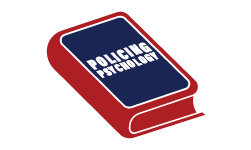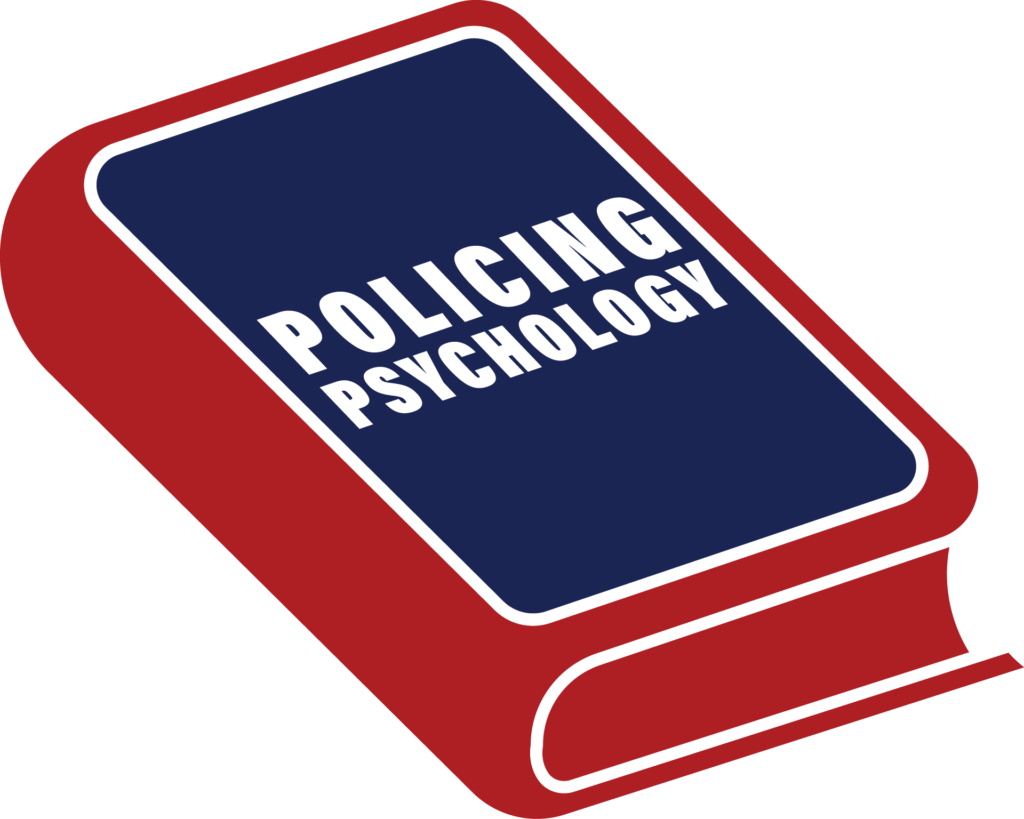Book Recommendation
“Don’t forget your Roots” by Sarah Routhier
Why I recommend this book:
Sarah Routhier is the widow of Sylvain Routhier, who was an Ontario Police Officer (OPP) who died from a suicide in 2018 after a battle with PTSD. Sylvain’s life story is unique, but the pattern of police officers dying at high rates from suicide has been an on-going pattern, across many jurisdictions for decades. Sarah has courageously written a heart-wrenching story about their life together and Sylvain’s death by suicide after his battle with PTSD. Tragically, we cannot do anything to change what has happened to Sylvain and his family, but we can honour his memory by sharing the lessons from his experience to prevent future police officer deaths by suicide. We need to educate other police officers about Sylvain’s experience to prevent them from also adding to the future police suicide statistics.
Key Thoughts:
Sylvain was a member of OPP’s Tactics and Rescue Unit (TRU, also known as SWAT) team. He would have received extensive amounts of training time. However, he was not trained on preparing for the psychological challenges of the profession. As his wife Sarah said, he also did not know anyone who had suffered from a psychological injury and recovered.
Emotional Pain:
He was affected by emotional pain. He was assigned to a terrible sexual assault file where the victim was a 4-year old girl, which was the same age as his daughter. A connection or similarity to victims of crime, including having a child similar to the victim, can often increase the impact of the traumatic experience on him. He also suffered from carrying the emotional pain of attending several horrific fatal car crashes and next of kin notifications.
Talked About Suicidal Thoughts:
Sylvain was affected from a sudden death of a person similar in age to him. He couldn’t stop crying, he couldn’t concentrate, and he couldn’t sleep. He had to go off work and he felt a lot of guilt for being off work. Sarah described that “for 13 years being a police officer was his primary existence and being a husband and father came secondary.” This is what Dr. Gilmartin would call an over investment in the police identity, which can become wrapped up as our sense of self.
Symptoms:
Sylvain had the following symptoms
-nightmares
-severe temper with kids
-severe paranoia
-intrusive negative thoughts
-anxiety attacks
Recovery is possible:
Sylvain needed to know that recovery from a mental illness is possible. This is connected to stigma because people are uncomfortable talking about mental health which causes those suffering to suffer in silence, without the hope of knowing that they aren’t alone and that they don’t need to suffer in silence.
Suicide note:
Sylvain wrote “I have no choice.” This constriction of thought, or tunnel vision is common with suicidal thoughts. This is described by an expert researcher on suicide, Dr. Thomas Joyner, as that suicidal people lock into death as the only option to end their pain, without recognizing that they will pass on their pain to everyone who loves them.
Sylvain also wrote, “I can’t see you taking care of me anymore” which Dr. Joyner would describe as a common problem for suicidal problem that is described as perceived burdensomeness. Suicidal people believe that they are a burden to their families and that their death will relieve that burden. In reality, their death will make it much worse.
Impact on others:
Sarah wrote that, “I truly do not think he knew what impact that would have on our kids.” Statics show that children with a parent who dies by suicide, also have a dramatically increased rate of death by suicide. There is also a concept of suicide contagion and clusters, which have shown that one suicide can increase the chances that another person will also die by suicide. In this instance, there were two other OPP suicides within a 3-week period following Sylvain’s death.
2019 Ontario Coroner’s Review:
In 2019 the Ontario Coroner’s Service published their finding after investigating 9 police officer suicides in 2018, including Sylvain’s death. Click here to see a summary of their review.
Sarah’s Key Points for First Responders:
1) First responders suffer from psychological injuries, but they are harder to deal with because they are unseen.
2) Educate yourself on mental health. Get to know the resources. Go and see a counsellor early.
3) Notice your changes including your sleep, your mood, being tired and physical changes.
4) If your coworker is off work, treat them like they have cancer. Give them support, empathy and compassion.
5) Recovery is possible. Sarah said that “Sylvain did not know anyone who was diagnosed with a mental illness of PTSD that came back to work because no one spoke about it.”
Summary:
I think that every police officer needs to read this book, especially while they are in police training. There are common aspects to many police suicides. I expect that we can reduce police officer suicides through education and awareness. Police officer suicides have been killing more serving police officers than motor vehicle crashes and homicides combined, but our training programs are typically only providing approximately 1 percent of training time or less on mental health. Proactively shifting police culture to a prevention-based suicide prevention model involves teaching police offices about Sylvain’s life and the pattern that it represents to stop it from continuing to repeat itself. Sarah has shown a tremendous amount of courage to share her story, which brought me to tears many times while reading this book. Click on the link below to buy a copy of this book now.
Click below for a link to Sylvain Routhier Foundation

